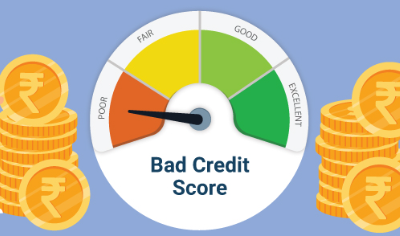Retirement planning may seem like a distant concern for individuals in their 20s and 30s, but taking proactive steps early can significantly impact your financial well-being in later years. In this guide, we’ll explore the importance of retirement planning at a young age and provide actionable tips, strategies, and investment options to help you build a solid financial foundation for the future.
1. Why Start Retirement Planning Early?
Benefits:
- Compound Interest: By starting early, you can harness the power of compound interest, allowing your investments to grow exponentially over time.
- Long-Term Goals: Planning for retirement early enables you to set clear financial goals, accumulate wealth gradually, and enjoy a comfortable retirement lifestyle.
- Risk Management: Early retirement planning provides a buffer against unexpected financial challenges and allows you to weather market fluctuations more effectively.
2. Key Components of Retirement Planning
Essentials:
- Setting Goals: Define your retirement goals, including desired retirement age, lifestyle expectations, anticipated expenses, and desired retirement income.
- Budgeting and Saving: Create a budget to track expenses, prioritize savings, and allocate a portion of your income towards retirement accounts such as 401(k) plans, IRAs, and other investment vehicles.
- Investment Strategy: Develop an investment strategy aligned with your risk tolerance, time horizon, and financial objectives, considering asset allocation, diversification, and long-term growth potential.

3. Retirement Planning Tips for Young Adults
Practical Advice:
- Maximize Employer Benefits: Take advantage of employer-sponsored retirement plans such as 401(k)s, especially if your employer offers matching contributions, as it provides an immediate boost to your retirement savings.
- Open an IRA: Consider opening an Individual Retirement Account (IRA) to supplement employer-sponsored plans, providing additional tax advantages and investment flexibility.
- Automate Savings: Set up automatic contributions to your retirement accounts to ensure consistent savings and avoid the temptation of spending disposable income.
4. Investment Options for Young Investors
Considerations:
- Stock Market Investments: Invest in diversified portfolios of stocks, mutual funds, or exchange-traded funds (ETFs) to capitalize on long-term growth potential and mitigate market risk through asset allocation.
- Real Estate: Explore real estate investment opportunities such as rental properties or real estate investment trusts (REITs) to diversify your portfolio and generate passive income streams.
- Retirement Target Date Funds: Consider investing in target date funds that automatically adjust asset allocation based on your projected retirement date, offering a hands-off approach to retirement planning.
5. Adjusting Your Retirement Plan Over Time
Flexibility:
- Regular Review: Periodically review and adjust your retirement plan as your financial situation, goals, and risk tolerance evolve over time.
- Career Advancement: Take advantage of salary increases, bonuses, and career advancements to increase your retirement contributions and accelerate your savings rate.
- Life Events: Factor in major life events such as marriage, homeownership, and parenthood into your retirement plan, reassessing your goals and adjusting your strategy accordingly.
Conclusion
Retirement planning in your 20s and 30s lays the foundation for a secure and prosperous future. By starting early, setting clear goals, saving consistently, and investing wisely, young adults can build substantial retirement savings and achieve financial independence later in life. With careful planning, disciplined saving habits, and informed investment decisions, you can embark on a path towards a fulfilling and worry-free retirement.





